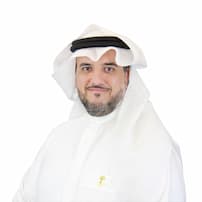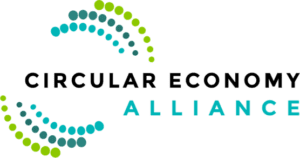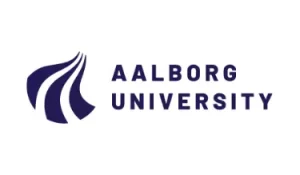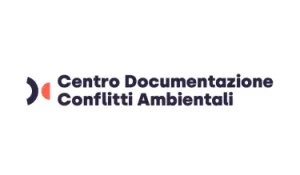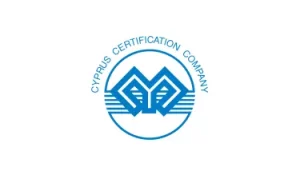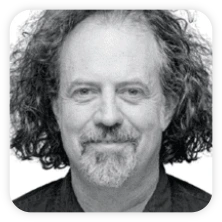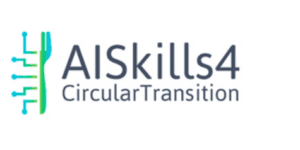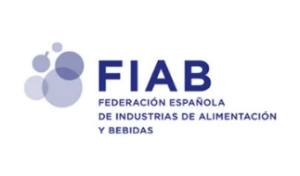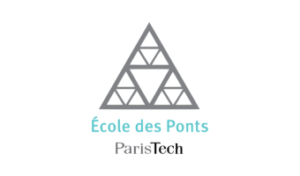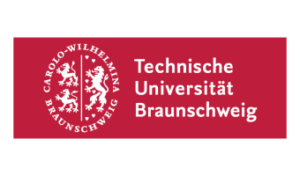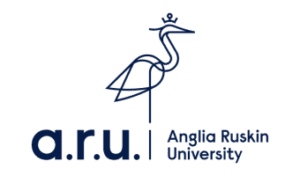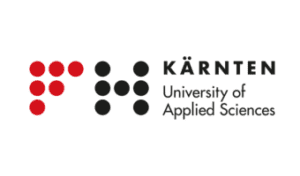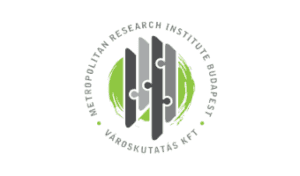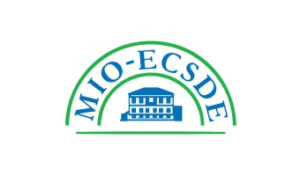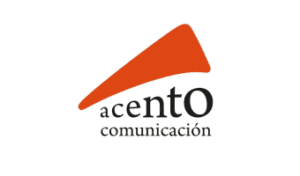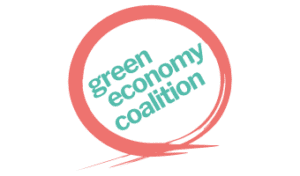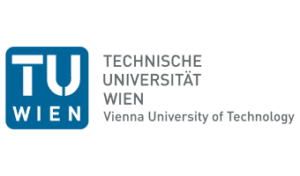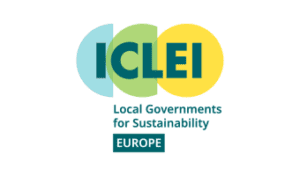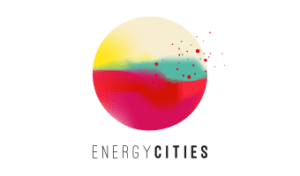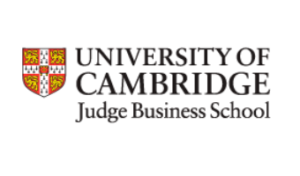“The Certified Circular Economy Specialist certificate offered by CEA is a "must" for all professionals who wish to explore this field. It provides not only the basic theory but also tonnes of industry examples that can easily fill up your knowledge gap.”
Performance Economy: Benefitting people, profits and planet
This course analyzes the multitude of opportunities for economic and political actors disguised in selling the use or function of objects, such as the renting and operational leasing of objects as a service (infrastructure, equipment).
Verifiable Blockchain-secured Certificate
1.5 hours to complete

Performance Economy: Benefitting people, profits and planet
Course Overview
Original equipment manufacturers (OEMs) and fleet managers are key innovators of the Performance Economy. This course explores many successful and failed examples of the roles of industrial, financial, and political actors in different sectors.
Few of the examples shared throughout this course show how synergies between policymakers, public procurement authorities and businesses allow “maintaining and profitably exploiting manufactured assets over long periods of time to achieve inclusive prosperity”. Others show that innovative SMEs can be highly competitive and profitable.
The Performance Economy is about:
- People: selling performance, such as objects as a service, is a skill and labour-intensive service activity, which has to be performed locally (e.g. airlines selling safe transport from A to B).
- Planet: maintaining the function or performance of assets over extended periods considerably reduces resource consumption, prevents GHG emissions (reduction of national CO2 emissions by 66%) and minimizes waste.
- Economics: Producing performance, selling performance, and maintaining the function or performance of assets over extended periods is profitable and provides corporate resilience against black swan events and resource security at low cost.
- Innovation: The business models of the Performance Economy enable the exploitation of sufficiency and systems solutions, besides the traditional efficiency ones, and will profit from future advances in circular sciences. Multi-skill education, training, and novel long-life components will further increase the Performance Economy’s feasibility and profitability.
- Competitiveness: Maintaining ownership of the materials embodied in physical assets over the longest time possible requires a combination of technical and commercial innovation. This saves supply chain compliance and transaction costs and will profit from governmental carbon credits and water preservation bonuses.
Global Equity and Climate Justice. The Circular Industrial Economy plays a major role in today’s strategy to achieve global zero carbon emissions. Only reducing carbon emissions ‘below zero’ in the North will enable developing nations to build the infrastructure of health, education and mobility necessary to sustainably increase the quality of life of their population.
Important Details
Downloadable material
100% online courses
Study at your own pace
A flexible learning journey, access the content until you complete the course or a maximum of two (2) weeks from enrollment date.
Special Access to events, research and news
What are the Learning Outcomes?
Understand why the Performance Economy is the most sustainable and potentially most profitable business model of the Circular Industrial Economy. Gain skills to adopt Performance Economy strategies to your activities by exploiting sufficiency (prevention) and efficiency (era of ‘R’ and ‘D’) strategies and systems solutions in your fields of interest.
What You Will Learn
What is a Performance Economy?
A growing number of economic actors are producing, selling and maintaining the performance of objects ranging from infrastructure and buildings to objects as a service.
The importance of knowledge and skills
Human creativity, skills, and knowledge are the foundation of a prosperous performance economy. The researchers that identify new energies, materials, molecules and processes are the driving force.
How do producers selling “performance” play a role in the performance economy?
Producers that sell and maintain the performance of infrastructure, objects and molecules are the core of the performance economy. They reap long-term profitability by designing products for maximal use-value.
The impact of systems performance design teams
Multi-disciplinary systems design teams innovate novel solutions for complex problems. Explore how performance solutions provide fail-safe, fool-proof and competitive results.
The role of fleet managers as performance providers
This tool assists in defining the necessary stages and combines key stakeholders’ perspectives on the critical changes and activities needed for the circular transformation.
The role of users
Users profiting from flexibility are the main beneficiaries of the performance economy. However, their carelessness and abuse are the most significant obstacle.
The role of public Performance Procurement Manager
Explore how public procurement managers can reduce their capital expenditure and give industrial actors strong incentives to innovate efficient system solutions.
The role of Private Finance Initiatives in the Performance economy
Explore how those interested in stable long-term investments influence activity in the performance economy and create new investment opportunities.
Important Details
Enrollment Information
Once you have enrolled, you will be given access to our Learning Management System.
You will be guided through the original content of the course with dynamic, rich, enjoyable, narrated, and easy-to-understand content.
- The course is divided into easily navigated sections.
- Each section is followed by non-graded “knowledge check questions” to help you ensure that you successfully assimilated the content.
- You can go back and view the content as often as you like.
When you reach the end of the course, you will be awarded the Certificate of Completion.
Tuition Fees
-
95 EURO + VAT (if applicable)
How You Will Learn
Interactive training sessions
Knowledge check questions
Case studies / Best practices
Unique learning platform with Mobile Access
Exposure to a network of experts
Be part of a community

Explore cutting edge research
Exposure to a network of experts
Be part of a community

Explore cutting edge research
Are you a business or an organization? Contact us for team training offerings
Are you a business or an organization? Contact us for team training offerings
What Our Certified Professionals Say

Ka Hing Hui
Production Manager, Viva Healthcare Packaging (HK) Ltd.

“Getting certified at the Circular Economy Alliance will give you an advantage in your field of business, a boost in your ability to think creatively and, most importantly: the ability to think holistically.”
Raphael Schranz
Circular Economy Consultant

“The journey was thought-provoking and insightful. With a career in the renewable energy market, the fundamentals of the Circular Economy support our cause for a cleaner, greener energy transition.”
William Van Wyk
Country Manager - South Africa, FIMER
Get a Certification by Completing
This Course in a Bundle
Circular Economy Specialist (High-Mastery)
Gain highly- specialized insights to drive industry change, advance your career and become a renowned expert in your field.
1,085.00 € + VAT (if applicable)
12 courses
Total dedicated effort required: 45 hours *
Circular Economy Manager (Advanced)
Gain expertise that goes beyond the basics to offer in-depth knowledge of circular economy principles and applications.
745.00 € + VAT (if applicable)
8 courses
Total dedicated effort required: 30 hours *
Circular Economy Professionals (Foundational)
Get an in-depth, comprehensive overview of foundational Circular Economy principles to get familiar with industry concepts.
385.00 € + VAT (if applicable)
4 courses
Total dedicated effort required: 16 hours *
Circular Economy Specialist (High-Mastery)
Gain highly- specialized insights to drive industry change, advance your career and become a renowned expert in your field.
1,085.00 € + VAT (if applicable)
12 courses
Total dedicated effort required: 45 hours *
Circular Economy Manager (Advanced)
Gain expertise that goes beyond the basics to offer in-depth knowledge of circular economy principles and applications.
745.00 € + VAT (if applicable)
8 courses
Total dedicated effort required: 30 hours *
Circular Economy Professionals (Foundational)
Get an in-depth, comprehensive overview of foundational Circular Economy principles to get familiar with industry concepts.
385.00 € + VAT (if applicable)
4 courses
Total dedicated effort required: 16 hours *
* Depending on the level of experience and pace the learner is willing to invest in the learning journey.






